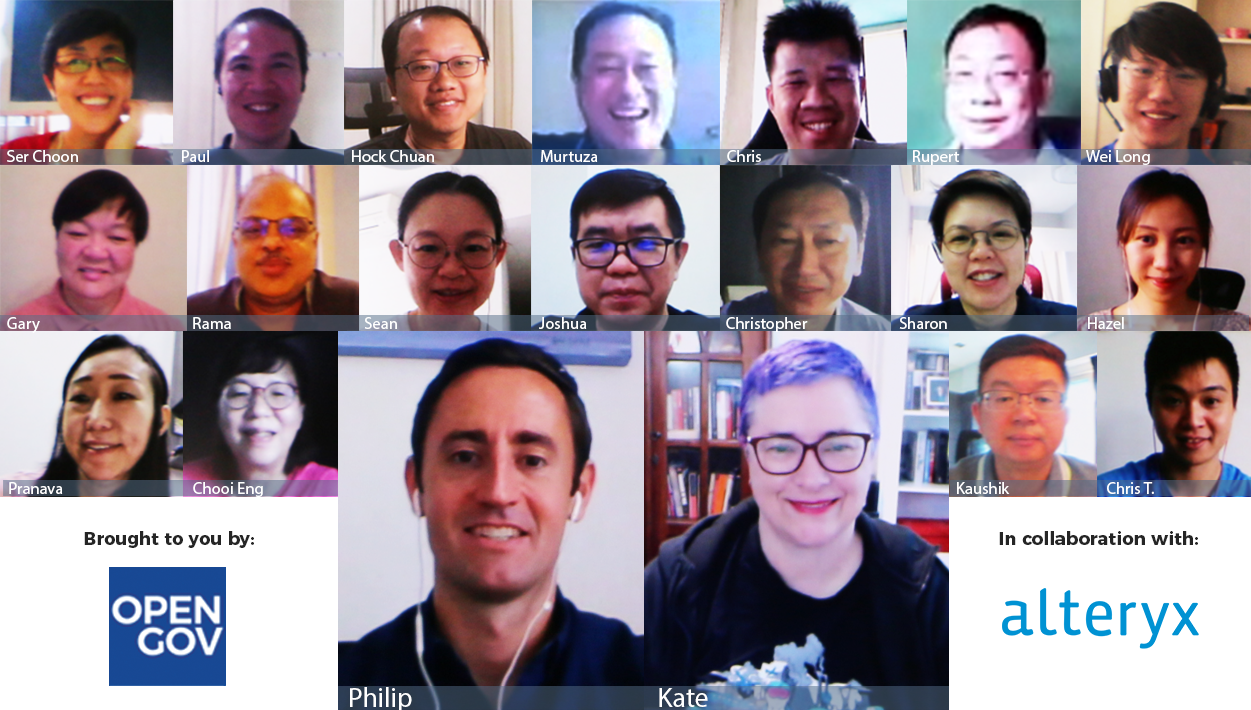
A 2019 study, which polled companies regarding data insights, revealed that despite the drastic shift worldwide from traditional to modern methods of running a business, only 31% of respondent companies said that they are data-driven. This number is a notable slide from 37.1% in 2017 and 32.4% recorded in 2018.
The benefits of a data analytics strategy for businesses are many and self-evident today. The core of data analysis is to obtain actionable information. If one organisation can collect, understand and transform data, these insights can be used to make regular administrative processes more efficient. In essence, it’s about efficiency and efficacy. Companies can reduce workaround time and, in turn, allocate manpower and resources efficiently for other tasks, bettering service and driving the bottom line.
In such data-driven strategies, there is a key role for analytics process automation programmes. These strategies help transform data and use the same information to make the APA software smarter and more adept in handling business operations.
To explore these concepts, distinguished speakers engaged digital executives in a thought-provoking discussion during the OpenGovLive! Virtual Breakfast Insight held on 11 December 2020 on the topic Revolutionising Organisational Efficiency and Relevance for the Digital Era.
The session aimed to impart practical knowledge and solutions to participants and encourage an in-depth discussion regarding data automation processes.
Changing the cultural mindset

The discussion started with an overview of the current mindset most businesses tend to have and what must be done to implement a major upscale in business.
Mohit Sagar, Group Managing Director and Editor-in-Chief at OpenGov Asia, elaborated on the principle of initiating progress by changing the mindset of each member of the workforce. This act, he stressed, will subsequently allow any company to build on traditional methods and lead to scaling of operations.
In upscaling organisational processes, many factors are at play. According to Mohit, the key tool to hasten progress is deciding to make the shift to more efficient platforms like automation process applications which apply to various industries. To do this, there must be a cultural paradigm shift.
Mohit went on to discuss the common practice of relying on traditional methods in the gathering, storing and dissemination of data still evident in many organisations today. Empowering and re-training staff is, he believes, is the solution is to this challenge.
The rewards of making the shift are many. These include a streamlined procedure of data gathering and sharing, a more speedy turnaround of work processes and an efficient flow of operations. In the end, there is still wisdom in the adage that the success of one means the success of the whole business.
Mohit summed up his discussion by acknowledging that changing a cultural mindset is easier said than done. It is tedious and requires a constant string of efforts to bring it to fruition. However difficult, it must still be done to welcome progress.
Progress through organisational transformation

There are many facets to upscaling any business, but the core pillars any strategy must be built on are agility and sustainability.
Philip Madgwick, Regional Director, ASEAN, Alteryx, talked about the importance of data in relation to the current state of the digital analytics market and the role of APA in bridging the gap between these two.
Transformation of digital outcome is critical and is becoming more prevalent in businesses. However, many of these processes fail. The culprit is a lack of purpose and failure to transform data into actionable insights.
The best place to start the automation, according to Philip, is with the community. In truth, no sector in the economy can stand alone. Everything is changing. This is where sustainability and agility come in the picture.
Philip noted that there can be no singular approach to automation. Instead, three elements must be prioritised: data, process and people. A misalignment of these three elements is often the root of failure in digitalisation and automation. When these are not in harmony, companies begin to struggle with data and outcome. When these three key elements are equally prioritised, organisational transformation is unlocked.
In terms of data, when companies democratise their informational resources and allow APAs to do tasks for them, they make company processes easier. Using these data, automation platforms become smarter and able to predict important changes in business processes. The result is a speedy turnaround time for administrative processes.
Data and universal access in transforming organisations

Kate Carruthers: Data analytics is key to digital transformationData, on its own, is not sufficient to spur progress. It is data insight which allows for transformation to grow. This was the main point made by Kate Carruthers, Chief Data and Insights Officer at the University of New South Wales.
She started her discussion with a look at why most organisations today are still not data-driven. The challenges, according to Kate, stem around the issue of how to spark change in the workplace or organisation. To solve this, companies must rely on drivers of cultural change. This process begins by having a thorough understanding of how data generates insights of value which do not merely mean financial value. Another driver is knowledge of what critical assets are.
Kate emphasised that what is most often overlooked and underrated in the data ecosystem is people. In the whole data ecosystem, data capabilities include people who are knowledgeable and who constantly create and manage enterprise information assets.
There is also a need to fuel insight capabilities. This means upgrading tools and data processes for more efficient analytics. To avoid doing repetitive tasks that can be delegated to APAs, companies must scale up their action capabilities including automating the gathering and sharing of data insights.
Kate ended her discussion with a thought that attendees may consider for their organisations: try to do one thing better every day. This involves employing a data strategy that involves efficiency, agility and innovation. Focusing on delivering value to people and employing data democratisation techniques are likewise key to improving any type of business.
Polling questions
After the discussion led by the speakers, delegates participated in engaging polling and insight-sharing during the live session.
When asked how they would rate their company’s current use of data and analytics tools, more than half of respondents (57%) said that their data strategies are good but are still continuously learning on how to optimise these tools.
A delegate from the government sector explained that while they want to improve on their data analytics tools, concerns regarding costs are one of the challenges that they are currently trying to address. He added that one of the most crucial elements to possess, aside from automation tools, is oversight.
According to two-thirds of session participants (68%), the top driver of data and data analytics usage are methods of achieving better organisational decisions and outcomes.
An executive from the government said that while they have loads of data and sound infrastructure in place, the main driver that he considers is trying to help members of the organisation manage these data to come up with improved data insights.
For another participant, changing the way of doing things is just as critical and that technology should be at the end chain of the ecosystem.
In terms of areas for improvement, a quarter of attendees (25%) said that a non-data-literate workforce is a big challenge that needs to be solved.
Many people in the workforce lack the necessary understanding of data insights technology, opined a participant. The challenge is how to help them rethink and how to equip them with essential skills and knowledge to execute automation systems.
Conclusion
Before the session ended, Philip reiterated his call for companies to keep an open mind about changing the cultural mindset. According to him, getting every member of the company engrossed and hands-on throughout the whole automation process is not a new principle but is still important. Getting people to understand every stage of the digitalisation process is what will ultimately allow companies to open avenues for progress.
Philip urged the delegates to feel free to reach out to their team in case they have any queries about process automation strategies discussed during the session. He also encouraged them to explore partnering with them to kickstart their analytics journey.
















